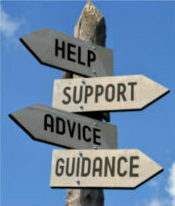Perfectionism can indeed be your biggest nemesis when you have ADHD, but it doesn’t have to remain that way. By understanding how perfectionism and ADHD interact, recognizing its impact on your daily life, and implementing targeted strategies, you can break free from its exhausting grip.
Remember that perfection isn’t just unattainable for people with ADHD—it’s impossible for everyone. What is attainable is excellence, growth, self-acceptance, and meaningful progress toward your goals. When you shift your focus from perfect execution to authentic effort, you’ll likely find that you accomplish more than you ever did while chasing impossible standards.
Your ADHD brain has unique strengths and perspectives to offer the world. Don’t let perfectionism prevent you from sharing those gifts.










